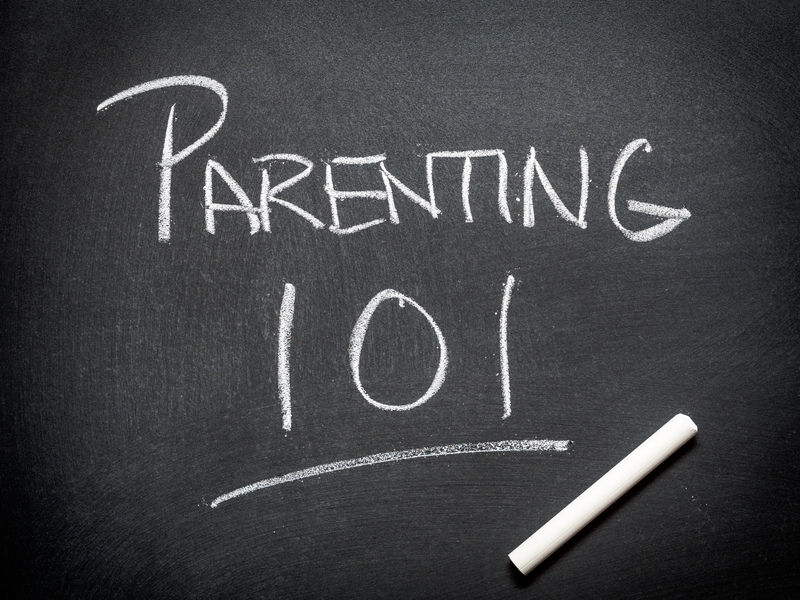
by James Burns | Feb 11, 2019 | Burns' Bench
They interviewed a group of muggers in NY a few years back and asked them what they looked for when they were zeroing in on a victim. The one negative quality that all victims possessed was they walked around looking down at the ground, and were not really aware of their surroundings. The muggers could just sense the victims fear and inability to detect trouble. The victims were not alert to pending problems.
What is alertness? Alertness is the ability to be aware of that which is going on around me so I can have the right responses. At times victims are not even aware that they are being bullied, laughed at, or ridiculed. They believe that the bully is just fooling around and is their friend. Teach your students to always be alert to what is being said to them and done to them and help them to create healthy boundaries. It starts with two words; Pay Attention!!
Bench Notice
This quality becomes even more important as a person becomes older. If we don’t pay attention to our thoughts, words, actions, attitudes, and motives our relationships will suffer along with other areas of our life. If we are not alert to a dwindling bank account and high credit card debt the chances are pretty good we are headed for bankruptcy. Going broke can take on many forms. No money is one thing, let’s not become mentally, emotionally, and spiritually bankrupt as well. Pay Attention!!
Lesson Plans On Alertness

by James Burns | Jan 30, 2019 | Burns' Bench
I like you, but I don’t like your behavior. This little gem came out of the self-esteem movement of the 60’s and 70’s. Certain phrases or philosophies that may have worked 50 years ago may suffer from an over-use injury or are just antiquated. Students who are rude, discourteous, and disrespectful can be difficult to like. Ask yourself this: if you were treated by an adult in the same negative manner as a student treated you, how hard would it be to stand by this statement? Pretty tough. Our students do become adults, who may not be liked because of their behavior. I am not saying that you should tell kids that you don’t like them. What I am saying is that they know all too well that we don’t. Our body language, attitudes, and words are all indicators of how we feel about certain students. Some kids are very tough to get close to, and in reality, to like. Don’t let your thoughts dictate your actions; fake it, bite the bullet, and keep your friends close and your enemies closer. Do whatever it takes to build a relationship with the student who is unlikable and a potential disruptive force in your classroom. Once we come clean with our real emotions, our influence will be greater and we will then begin to facilitate lasting change.
Bench Notice
Just a side note here. Standing to closely to this statement could produce greater acceptance of deviant behavior and a failure to enforce appropriate consequence. Sometimes we use this statement because we are afraid of a kid or the parent who berates the school and the teacher because they’re afraid of their own kid as well. Try to understand your motives when you say” I like you, but I don’t like your behavior.”

by James Burns | Jan 5, 2019 | Burns' Bench
The young parents of today need parenting. Parents who have left home as young adults with a rebellious attitude may not even be speaking with their own parents. They have lost their perception of right and wrong behaviors and sometimes even simple decisions are tough. It’s these parents that will try to bully you as the teacher and the school. They don’t have the ability to cooperate when they disagree and can wreak havoc on the school and your classroom. These parents need to be agreed with immediately. You heard right; agreed with. But, agree in principal, not with the content. Let them know that you can see things from their perspective, but work with them to see things from the same perspective. Instead of a tug of war, move to their side of the rope. Or better yet, let go of the rope. Ease into conversations with these parents and begin to lose your fear of being yelled at. Be an empathic listener, and don’t argue. They need to be taught, and you are going to do it.
Bench Notice
Since the writing of this tip things have gotten worse. My wife went to drop off a forgotten pair of glasses for our eight year old daughter a few weeks ago and wasn’t allowed in the school building. She was told to leave them on the table between the school entrance and the main office. It was like a bunker was set up. All visitors entering my daughter’s school are escorted through the school, including the parents who are known by school administration and teachers, like classroom mothers and the president of the PTA. School shootings have prompted this and I agree that every precaution should be taken for the safety of our children.
I do believe though that the schools are fed up with angry and irate parents and will do what they can to keep them out of the school building. In doing so they are keeping everyone out and with the same brush tarring even the most cooperative parents. Do parents need parenting? Yes, some do. The ones that need it should get it. Until they get it place the restrictions where it needs to be; squarely on the parents who think they own the school and want to wreak havoc because of a poor test grade.
by James Burns | Dec 28, 2018 | Burns' Bench
Taken From Anti Bullying 101
There are probably many reasons why kids become bullies and why they stay bullies as they move into adulthood. There are many theories and a great deal of experiential opinion on the topic. I believe that there are two major reasons for the rise in bullying behavior over the last 40 years.
The first one is it’s an inter-generational problem. What one generation does in moderation the next one does in excess. In the past kids may have fought their own battles, and settled their own disputes; circumstance plays a big part as well. The second one is that by today’s standards there is far more dysfunction in families and parents may have an overly liberal approach to disciplining their children.
Understanding these two reasons can help teachers get a better handle on the behavior. Sometimes just understanding the why’s of the problem can open up a mind to begin to find a clear solution. The next several tips will cover these two categories. So let’s look at some inter-generation tendencies first, get some tips and then move on to circumstance.
Bench Notice
Bullying is behavior that has been left uncorrected. When parents, teachers, and even society in general fail to correct certain behaviors they then by default communicate to a child or maybe even an adult that they agree with the behavior. This is a critical piece to understand when we observe behaviors such as disrespect, or irresponsibility. Silence at times can be deafening. Certain behaviors just scream for correction, and they can’t be missed.

by James Burns | Dec 27, 2018 | Burns' Bench
When Art was an adolescent, chats with his mother featured the usual liberal doses of guilt needed to shape socially acceptable behavior.
Art bided his time, counting the days until he would become an adult and could enjoy a relationship with his mom grounded on a level playing field.
At 47, he’s still waiting.
“Our relationship was pretty much, mother-to-son, adult-to-child,” said Art, an Apopka marketing consultant, who asked that his last name not be used. “I drew the line at one point and told her it would be necessary for her to treat me like an adult if she wanted a relationship with me.”
For The Rest Of The Story Click Here
Bench Notice
I First read this article when it was first published in 1995. At the time I could relate to it. And as I spoke to other adults about the topic they could as well. Now more than 20 years later I found the hard copy of the article buried in some of my old paper work. It’s published online now and I have a whole different slant on the topic. Parenting styles vary for sure; from autocratic to permissive. But when a parent doesn’t grow with their adult children and continues to treat them as children they create an environment of harassment, intimidation, and bullying.
Adult children who can’t escape the fear of their parents opinions, and judgments, fail to grow into adults who are confident and capable. Healthy adult children know how to handle confrontations in a productive manner and they know how to express their concerns while still encouraging constructive suggestions.
Parents can be bullies too, and they may not have grown emotionally because of their own upbringing. The goal is to break the cycle, and still work to maintain a positive adult to adult relationship. Parents need to understand their impact and their roles as their children mature, and adult children need to understand their own fears.









